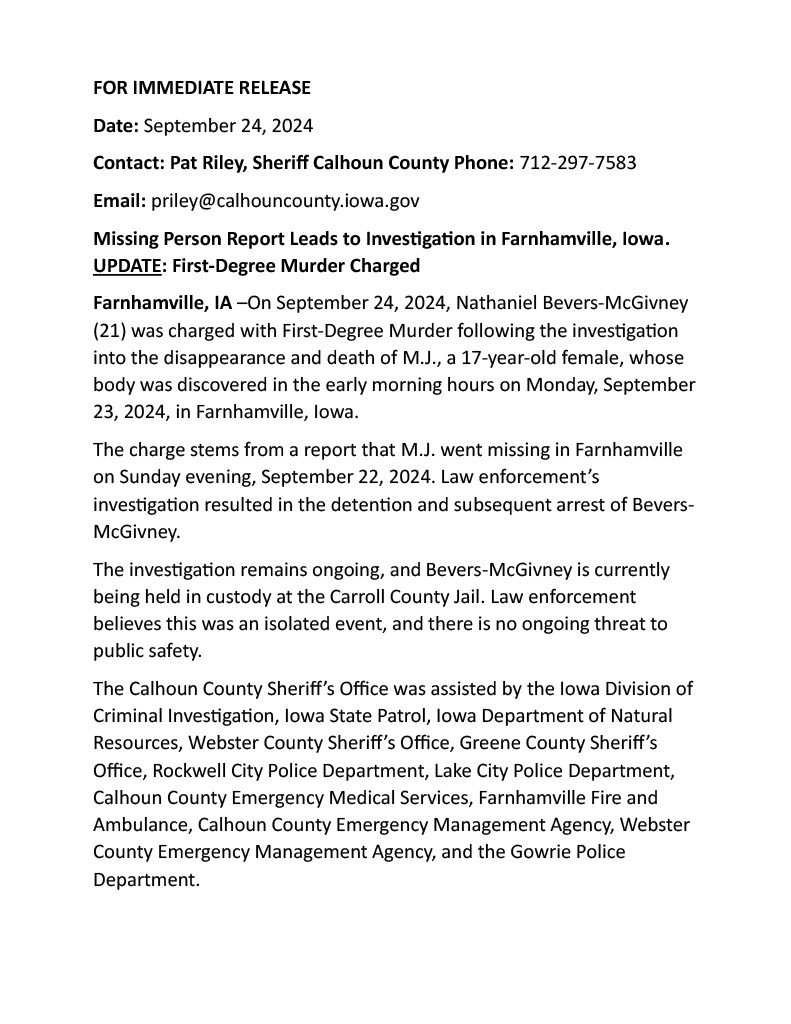(Radio Iowa) – A seventh generation Iowan who’s an agricultural and anti-trust research fellow at Yale University is back in Iowa this week talking about his book that’s focused on monopolies and tycoons in the food industry. Austin Frerick zeroes in on seven corporate giants which he says are “cartoonishly criminal,” raking in billions of dollars disguised as farm fresh, hometown neighbors, while manipulating lax laws for their own tremendous financial benefit. “That Whole Foods consumer wants to think they’re getting a different product than the Dollar General consumer, but it’s really kind of the same product,” Frerick says. “You might see what looks like a competitive marketplace on the peanut butter shelf. It’s actually just one company that has like a 78% market share because they have the different brand points for different incomes, and usually the market share is higher because they do the store brand, too.”
In his book, “Barons: Money, Power, and the Corruption of America’s Food Industry,” Frerick blames a “lack of courage” by our public servants to stand up the these monoliths, with their armies of lawyers. He says he can back up every claim. “That’s why I have almost 1,000 citations,” Frerick says. “You’re going to write book like this, you’ve got to cross your t’s and dot your i’s. My book’s only 200 pages, but I have like 70 pages of footnotes, because I want people to see every little thing. Even though these things might sound outlandish or crazy, I have a piece of evidence for everything I lay out in my book.”
Frerick singles out a former Iowa governor, U-S Agriculture Secretary Tom Vilsack, for giving U-S-D-A contracts to meat processing “baron” J-B-S, a multinational corporation Frerick says was convicted of criminal behavior. Frerick names a lot of names, and was asked by Radio Iowa if he was ever concerned about his personal welfare in writing a book so critical of massive corporations and powerful individuals. “To be honest with you, I wasn’t, and I think that’s the beauty of America, that I can write a book like this and not worry about my safety,” Frerick says. “That’s the beauty of democracy, but on the flip side, part of this book is me grappling with what happened to Iowa in my lifetime, which should be the Tuscany of North America. How does it now have a water crisis, obesity crisis and a cancer crisis?”
Frerick grew up in Cedar Rapids and says he’s saddened by how his home state has been polluted, but he notes, you can complain or do something about it, and the book is his way of doing something about it. He’s very concerned about Iowa’s future, as he says we may be witnessing the last days for corn-based ethanol, an industry worth five-billion dollars a year to the state’s economy. “Ethanol is going to phase out. Cars are moving to hybrids and electric vehicles. What are we going to do with that corn land that will no longer be needed for ethanol? That’s what I want to focus on, is how do we bring back the middle class farmer? How do we stabilize these systems?” Frerick says. “Everyone is just seeing the current system is not working in America, the food doesn’t taste good, and you’re being gouged for it. We’re paying more for junk, essentially.”
What’s a consumer to do? While he advocates buying local, Frerick says personal consumption won’t change these structures, but congressional legislation can. He’s appearing tonight (Wednesday) at 7 PM at the Des Moines Public Library’s central library, as well as at the Harkin Institute at Drake University, and the Des Moines Lyceum (ly-SEE-um) Movement on Thursday night.







